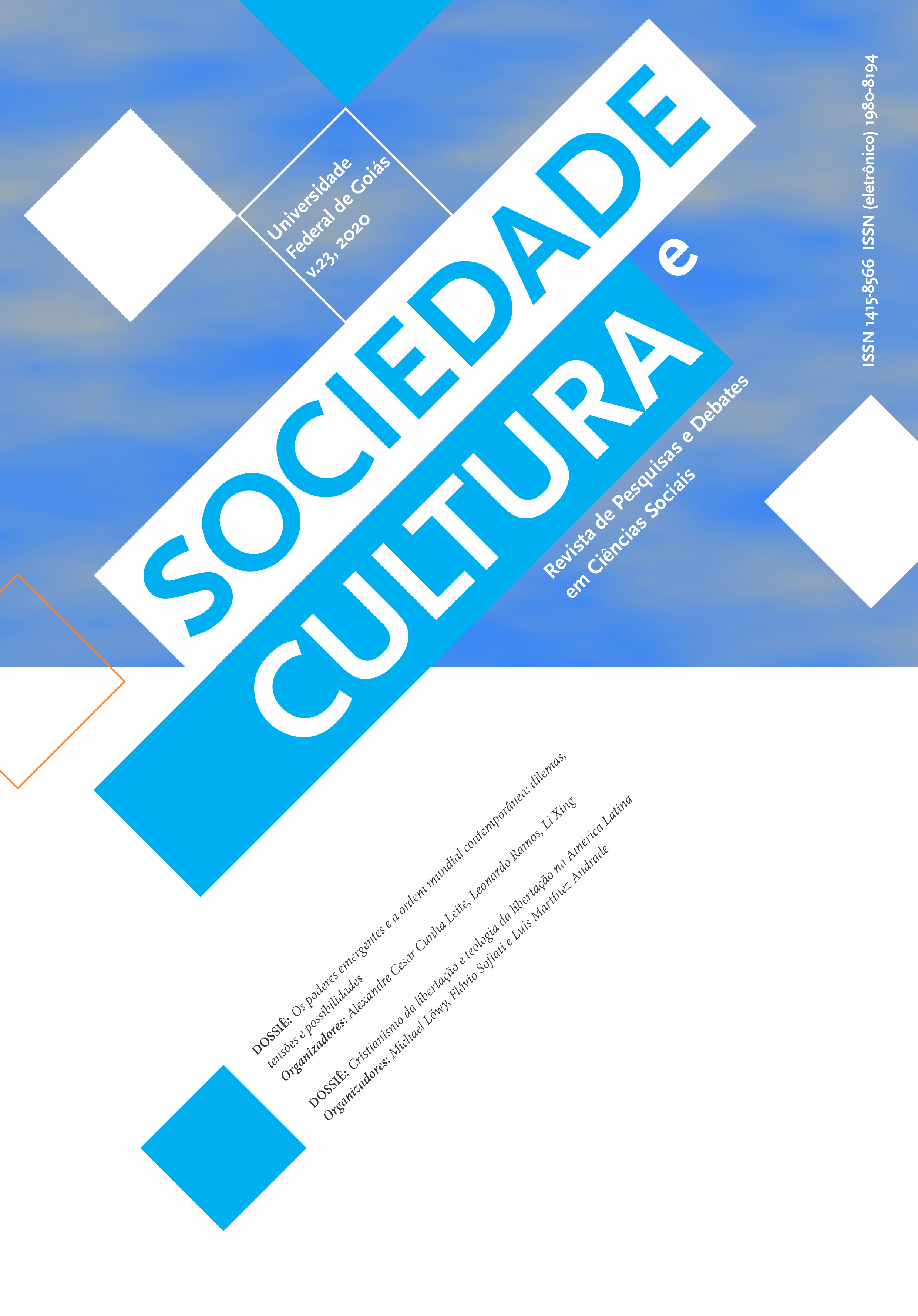Research and conceptual cages in the International Political Economy of South American Regionalism
DOI:
https://doi.org/10.5216/sec.v23i.59744Abstract
This article analyses the multiple, contrasting roles and limitations of the dominant IPE regionalist theories in the research about the New South American Regionalism. The article focuses on the methodological dimensions of each research approach, at the North and the South, analyzing the role of theory in research by the deployment of the Weberian concept of ‘iron cages.’ The paper critically examines two levels of categories in global conversations, one international and the other regional, which gathers dominant
ideas used in research on the IPE regionalism. The first level groups the South American perspectives from inside the region and anchored in dialogue with different international theoretical orientations. These are: the market-led perspective, the multilateral developmentalist, and the post developmental views. The second
level of categories includes the Eurocentric regionalism, liberal integration theory, and actor-oriented North American regional perspective.
Downloads
Downloads
Published
How to Cite
Issue
Section
License
Authors who publish in this journal agree to the following terms:
- Authors retain the copyright and grant the journal the right of first publication, the work being simultaneously licensed under the Creative Commons Attribution License, which allows the sharing of the work with acknowledgment of authorship and of the initial publication in this journal;
- Authors are authorized to enter into additional contracts separately, for non-exclusive distribution of the version of the work published in this journal (eg, publishing in an institutional repository or as a book chapter), with acknowledgment of authorship and of the initial publication in this journal;
- Authors are allowed and encouraged to post and distribute their work online (eg, in institutional repositories or on their personal page) at any point before or during the editorial process, as this can bring productive change as well as increases the impact and the citation of the published work (see O Efeito do Acesso Livre).



